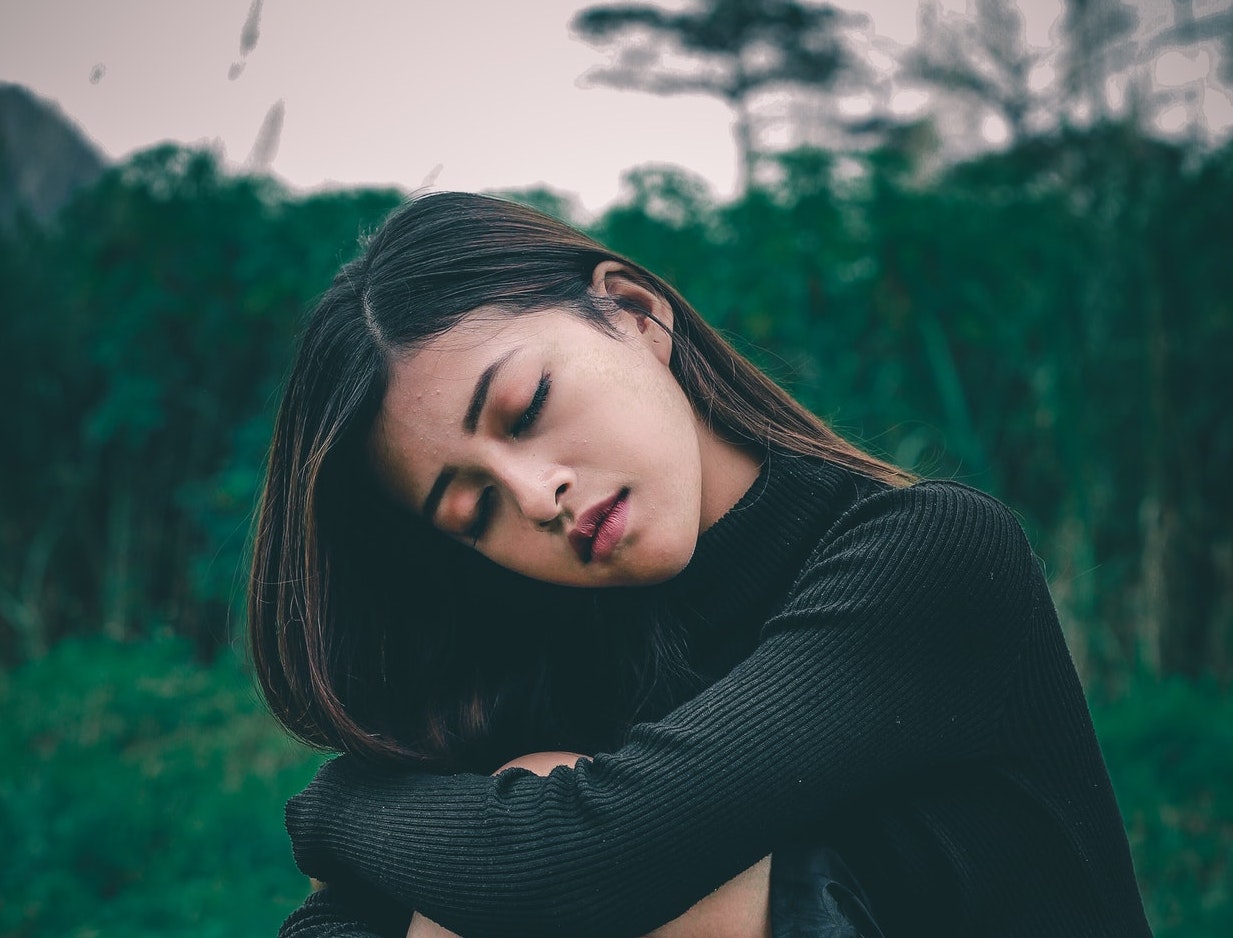Some LGBTQ Young People Face Rejection From Families in Lockdown
 Staying home and sheltering in place can be stressful for everyone. But for some college students who identify as LGBTQ, returning to family environments can be very difficult and even psychologically damaging, psychologists say.
Staying home and sheltering in place can be stressful for everyone. But for some college students who identify as LGBTQ, returning to family environments can be very difficult and even psychologically damaging, psychologists say.
“A lot of young people when they make it to college are able, for the first time, really, to live their truth,” says psychologist Megan Mooney who works with children, teens and young people and specializes in preventing and treating trauma in LGBTQ youth.
For many of these young people, Mooney says, college is a refuge from years of rejection and discrimination in high school and even from family members.
College is “a life affirming new world,” says Mooney, “where these young people can date who they want, dress as they choose, access medical care and treatments they weren’t able to before, access mental health care they weren’t able to before; being out of the home and away at college is a life line for a lot of LGBTQ people.”
Returning to the family home can be traumatizing all over again, she says, especially if parents or siblings reject them or are even hostile. She says LGBTQ young people have a high likelihood of having experienced a lot of trauma and stressful life events already; that means the impact of returning to an unsupportive home is dramatically magnified.
“So what we are most concerned about is seeing increases in anxiety and depression including suicidality,” Mooney says.
The risk of mental health problems for LGBTQ youth is further exacerbated because they can no longer interact on a daily basis with all those people in the college community who were supportive. “And now they don’t have any of those sources of support, at least physically and they’re with people who don’t accept them, which leaves a lot of young people feeling completely alone,” Trevor Project CEO Amit Paley says. The disparity between how good and supported these young people felt before and how lonely and rejected they might feel at the moment makes the situation even more painful.
Physical distancing does not mean social isolation, he says. Young people may be in a small living space that is not supportive but Paley encourages them to reach out to people who are supportive, whether that’s other family members, friends, teachers or organizations like the Trevor Project.
Excerpted from “Home But Not Safe, Some LGBTQ Young People Face Rejection From Families in Lockdown” from NPR. Read the full article.
Source: NPR | Home But Not Safe, Some LGBTQ Young People Face Rejection From Families in Lockdown, https://www.npr.org/sections/health-shots/2020/05/17/856090474/home-but-not-safe-some-lgbtq-young-people-face-rejection-from-families-in-lockdo |© 2020 npr
Stress and Crisis Resources
For immediate assistance, the following resources are available 24/7 unless otherwise noted:
- Dial 911 or go to your nearest emergency room or urgent care
- Crisis Text Line: Text BAY to 741741 (Anyone can send a message! Kids, teens, and adults)
- Star Vista’s Crisis Hotline: 650.579.0350
- National Suicide Prevention Hotline: (800) 273-8255
- Uplift Mobile Crisis Team: (408) 379-9085 / toll-free (877) 412-7474
- Alum Rock Mobile Crisis: 408.294.0579
- Lifeline Crisis Chat: crisischat.org
- OnYourMind Teen Chat (M-Th, 4:30-9:30 pm): onyourmind.net
Do you need someone to talk to? CHC can help. Care Managers can arrange a free 30-minute Care Consultation so you can explore options with an expert. Call or email us at 650.688.3625 or careteam@chconline.org to set up an initial Consultation appointment.





